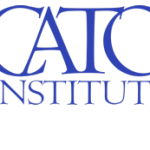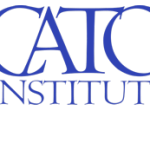Michael Chapman
Michael Chapman
President Donald Trump is not a libertarian, but some of his policies for downsizing the federal government certainly fall in the libertarian column. This is true, for instance, of the administration’s drive to defund the Corporation for Public Broadcasting (CPB), which helps to fund PBS and NPR. Scholars at the Cato Institute have called on Congress for decades to stop subsidizing the CPB. With enough political momentum behind them, perhaps Congress can get it done this time.
“Republicans must defund and totally disassociate themselves from NPR & PBS,” said Trump on Truth Social on April 1. In late March, he told reporters that he “would love to” defund PBS and NPR. “It’s been very biased. The whole group … and it’s a waste of money especially,” he said.
Elon Musk, who advises the Department of Government Efficiency (DOGE) on reducing federal waste, tweeted in February, “Defund NPR. It should survive on its own.”
On March 26, the House Subcommittee on DOGE held a hearing entitled, “Anti-American Airwaves: Holding the heads of NPR and PBS accountable.” The chairman of that subcommittee, Rep. Marjorie Taylor Greene (R‑GA), said, “For far too long, federal taxpayers have been forced to fund biased news. This needs to come to an end, and now.”
It is long overdue. The CPB was established by Congress in 1967; in 1970, the CPB founded NPR. On its website, the CPB says it “is the steward of the federal government’s investment in public broadcasting and the largest single source of funding for public radio, television, and related online and mobile services.” More than 70 percent of the funds the CPB receives are redistributed to 1,500-plus public radio and TV stations nationwide.
The so-called “investment” by the federal government is roughly $500 million a year—that’s taxpayer money. For FY2025, the CPB was allocated $535 million. » Read More
https://www.cato.org/blog/end-all-taxpayer-funding-npr-pbs






